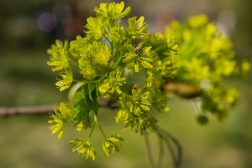Definition
noun, plural: swallows
(physiology) The act of swallowing
(ornithology) Any of the passerine bird species of the family Hirundinidae, characterized by a deep forked tail and other morphoanatomic adaptations to aerial feeding
verb
(physiology) To take in (food or drink) to the mouth and propel it towards the stomach through successive muscular action of the esophagus
Supplement
In physiology, the term swallow refers to the act of swallowing or ingesting food stuff into the mouth and through the esophagus. Swallowing is the means by which animals and humans take in and consume substances and assimilate for use as source of nutrition and as sustenance for different metabolic processes and needs.
In ornithology, the term swallow pertains to the group of passerine birds belonging to the family Hirundinidae. These birds are known for their long, pointed wings, their gracefulness and swiftness in terms of flight, and their characteristic forked tail. Their pointed wings and slender, streamlined body confer greater maneuverability, making them efficient insect hunters. They can be spotted in most parts of the world with the exception of the Antartica. They may have originated from Africa. Examples of swallow species include the barn swallows, cliff swallows, tree swallows, and red-ramped swallows.
Word origin: Old English swillan, swilian (to swill, wash out, gargle)
See also:
- swallowing (physiology)
Related term(s):







